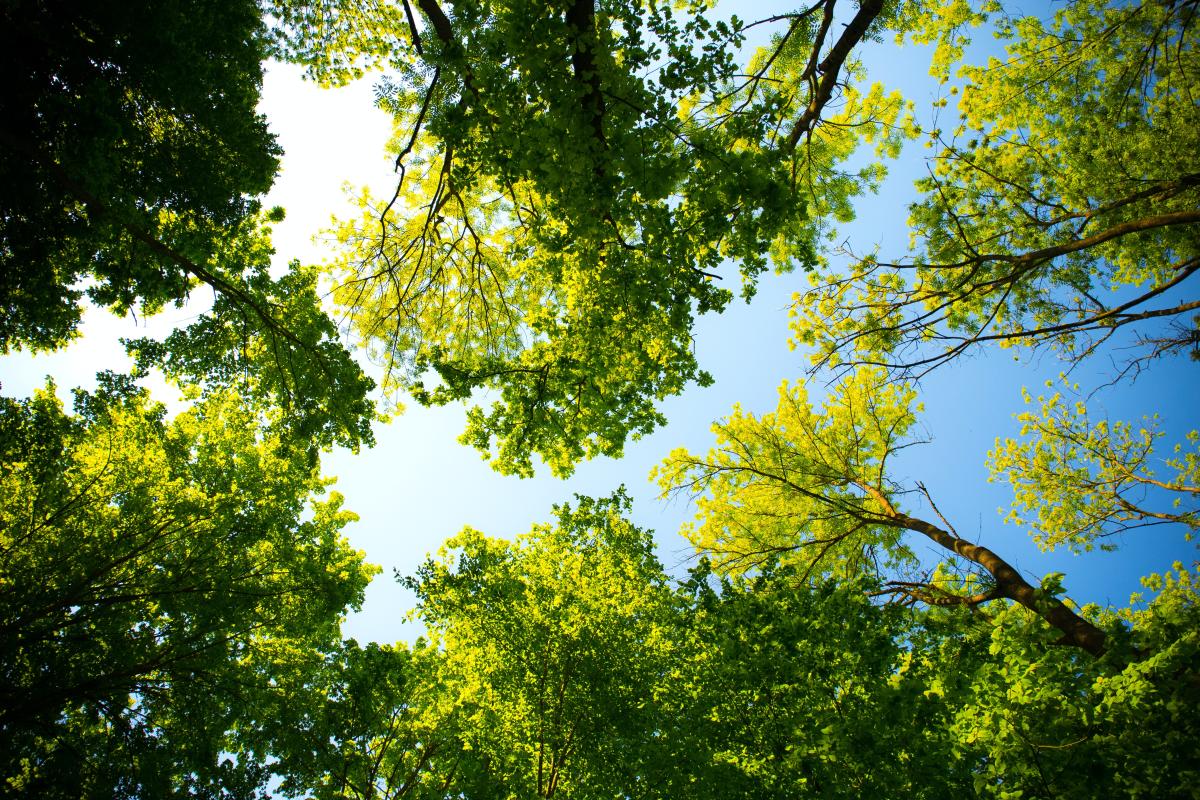
Grades:
10th Grade, 12th Grade
This lesson builds on the Part 1 of Urbanization Impacts in the HS Environmental Science classroom. In this lesson, students are utilizing their knowledge to create models of solutions to the




